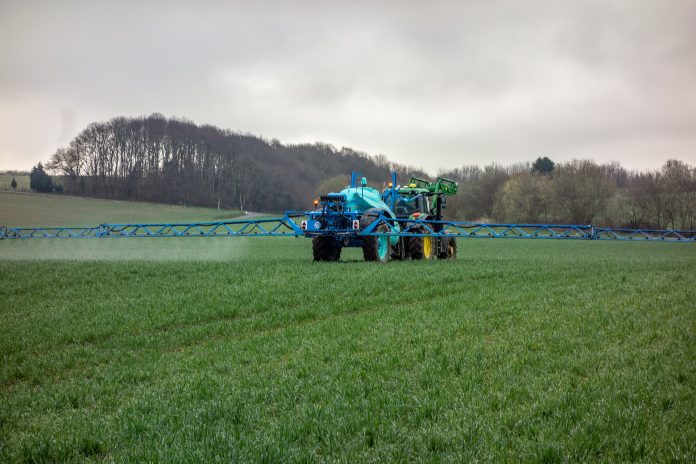The European Parliament’s Environment Committee (ENVI) on Monday evening adopted a draft report on the EU’s first soil law, which will take the first step towards healthy soils by 2050 by obliging countries to improve the environmental status of their soils within six to ten years.
MEP Martin Hojsík, rapporteur on the file, after the vote, said:
We are finally close to achieving a common European framework to protect our soils from degradation.
MEPs have backed the Commission’s ambition to ensure healthy EU soils by 2050 and agreed that EU countries should monitor the condition of all soils on their territory and take action to improve their environmental status.
The Committee went a step further than the EU executive in calling on member states to achieve improvements in soil health within six to ten years.
The Soil Monitoring Act was proposed by the Commission last July as part of the EU’s Soil Protection Strategy, presented in 2021, which aims to give soils the same protected status as air or water, which are governed by specific legislation.
Giving soil additional protection has been a long-standing demand of MEPs and environmental campaigners.
It is estimated that around 60-70 per cent of European soils are in an unhealthy state, with the most common types of soil degradation being loss of organic carbon (53 per cent), loss of soil biodiversity (37 per cent) and risk of peatland degradation (30 per cent).
A soil is considered “healthy” in accordance with the Directive on Soil Monitoring and Resilience where the soil is classified either with “good” or “high” ecological status, MEPs said.
The adopted amendments state that the ecological status of soils should be determined according to the following classification:
- “High soil ecological status” – soils with high biological and functional activity;
- “Good ecological status” – soils in an overall good ecological status but that show evidence of slight adverse impacts from one or multiple degradation factors;
- “Moderate ecological status” – soils with evidence of slight adverse impacts from degradation factors;
- “Degraded soils” – soils with clear evidence of adverse impacts from one degradation factor;
- “Critically degraded soils” – soils with clear evidence of adverse impacts from more than one degradation factor.
The directive is “binding” on the result to be achieved in member states, but leaves national authorities “free” to choose the form and methods of achieving the result, MEPs said.
The draft ENVI committee requires EU countries to convert “critically degraded soils” to “degraded soils” within ten years. At the same time, “degraded soils” must improve to “moderate” ecological status within six years, while those with “moderate” status must achieve “good” ecological status within the same period.
